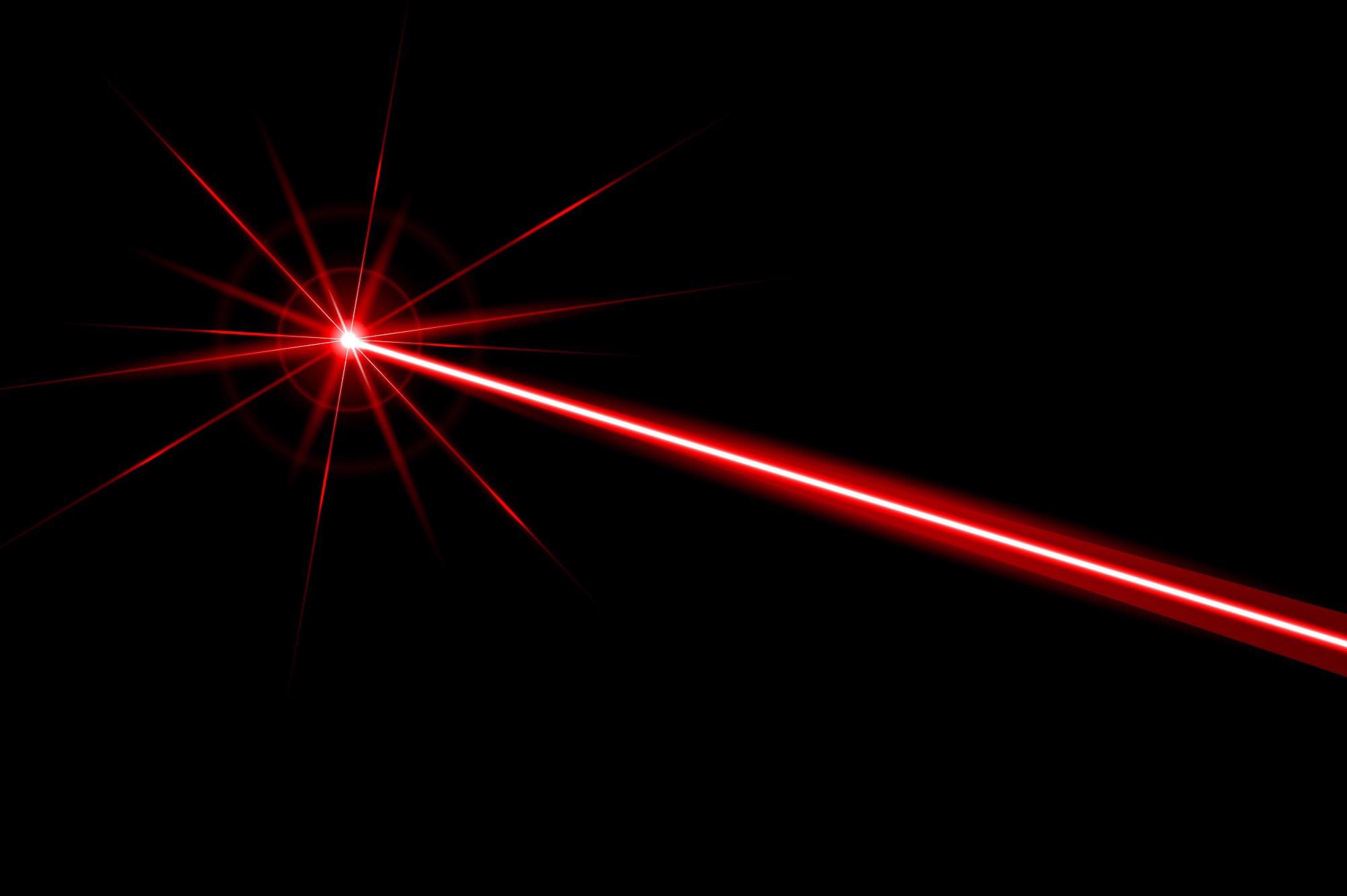Similar to a pinball game in the hands of a good player, a group of obstacles randomly placed can be sufficient to capture light without requiring an optical cavity. By incorporating amplification, free of cost, a mirrorless laser, mostly referred to as "random laser", can be acquired.

Image Credit: Shutterstock.com/ MIKHAIL GRACHIKOV
Using this notion, scientists at Bar-Ilan University in Israel have shown disorder-induced localization, a slightly challenging wave occurrence to perceive, but also one of the most remarkable and mystifying manifestations of wave interference predicted by Nobel Prize winner P.W. Anderson for electrons and, later, generalized to light waves. This occurrence was recently explained in the journal Optica.
We realized that a random laser has many degrees of freedom that are not available in conventional cavity lasers. Based on this discovery, we showed that laser emission can be simply controlled by shaping the pump profile that provides the gain inside the scattering medium.
Prof. Patrick Sebbah, Study Lead, Department of Physics, Institute of Nanotechnology and Advanced Materials, Bar-Ilan University
Besides Sebbah, the other research collaborators were Prof. Mélanie Lebental from France and students from his Mesoscopic Optics group at the Bar-Ilan University.
This is done optically with total flexibility. It contrasts with the technical challenge of realigning a mirror cavity in a conventional laser.
Prof. Patrick Sebbah, Study Lead, Department of Physics, Institute of Nanotechnology and Advanced Materials, Bar-Ilan University
Since this faint occurrence is enlarged in a “plastic microlaser,” it is viable to directly perceive laser light built up in a confined scattering area, with each confined mode equivalent to a different color/wavelength emission. All of these colors/modes lase together and localized modes interact, each one attempting to grasp and gain for itself at the cost of others.
To observe these localized lasing modes independently, Sebbah and colleagues suggested a technique, based on a 2014 article in Nature Physics, to disentangle interacting modes and overpower mutual competition for gain. To achieve that, a non-uniform gain distribution is formed that ideally chooses one mode and quenches the other.
They were astonished to discover that once mode competition was overpowered and a laser mode enhanced, they were able to increase the efficiency of laser power, and set free the “optimally-outcoupled lasing modes” i.e., the laser modes with the strongest discharge for the least energy cost.
This is the magic of modal confinement by multiple scattering of light.
Bhupesh Kumar, Postdoc and Study Experiment Lead, Bar-Ilan University
These findings create an exclusive route to explore Anderson localization, one of the most difficult tasks in optics, to study the role of nonlinearities on localization and test theoretical predictions via experiments.
The technique formulated here can be used to design very efficient and steady random microlasers, where the random and non-Hermitian nature of these lasers delivers extraordinary degrees of freedom.
This study was funded by the Israel Science Foundation, MAFAT: The Israel Ministry of Defense – Directorate of Defense Research & Development, the Planning and Budgeting Committee of the Council for Higher Education of Israel, AFOSR: Air Force Office of Scientific Research, NSF-BSF: US-Israel Binational Science Foundation, and the Centre National de la Recherche Scientifique (CNRS) in France.
Journal Reference:
Kumar, B., et al. (2021) Localized modes revealed in random lasers. Optica. doi.org/10.1364/OPTICA.428217.